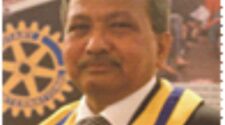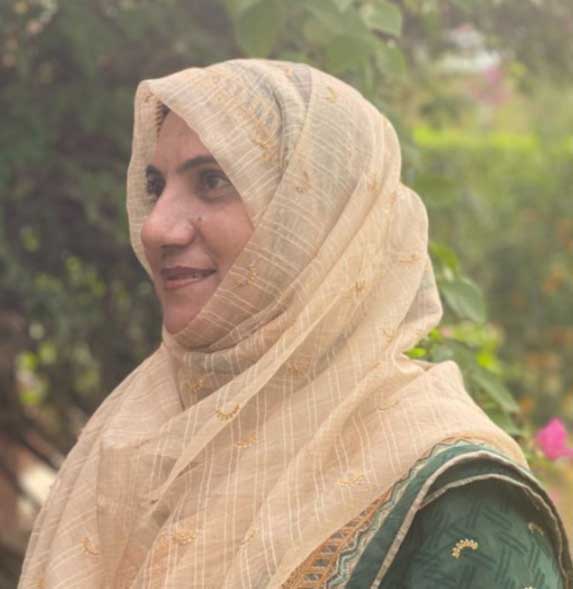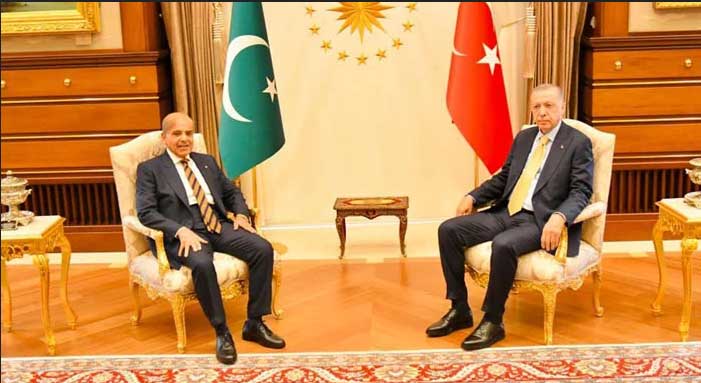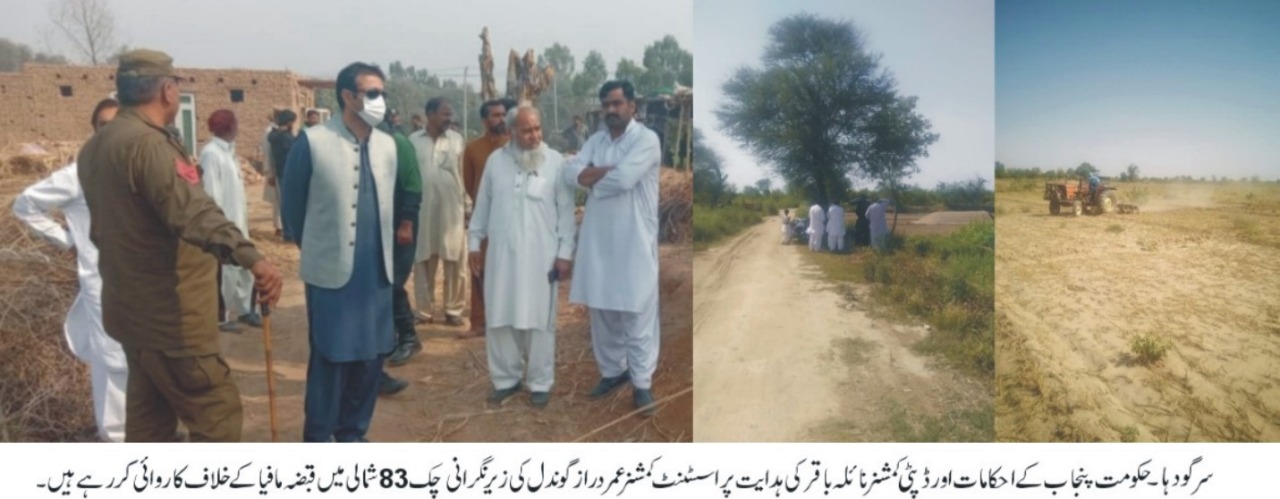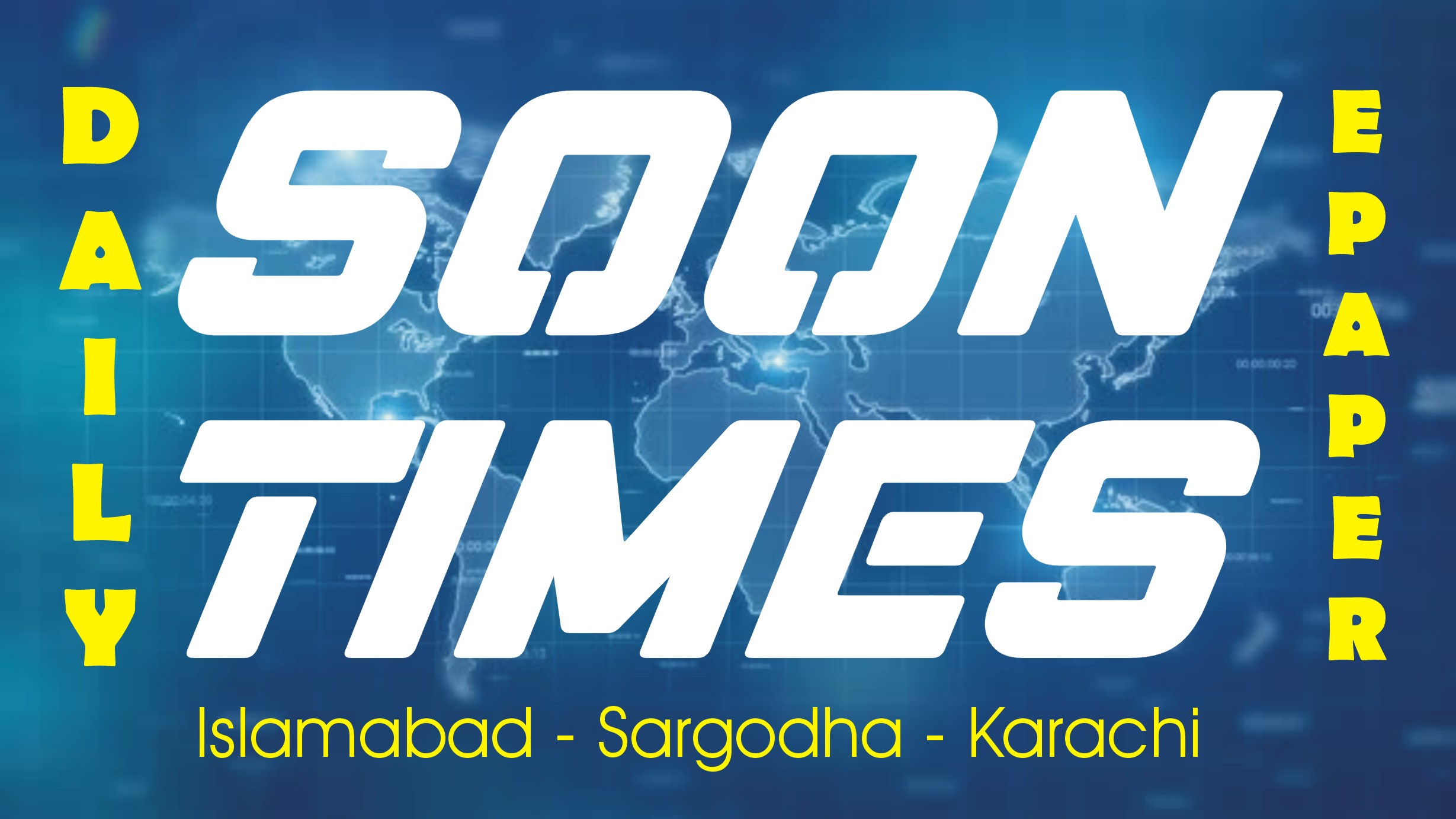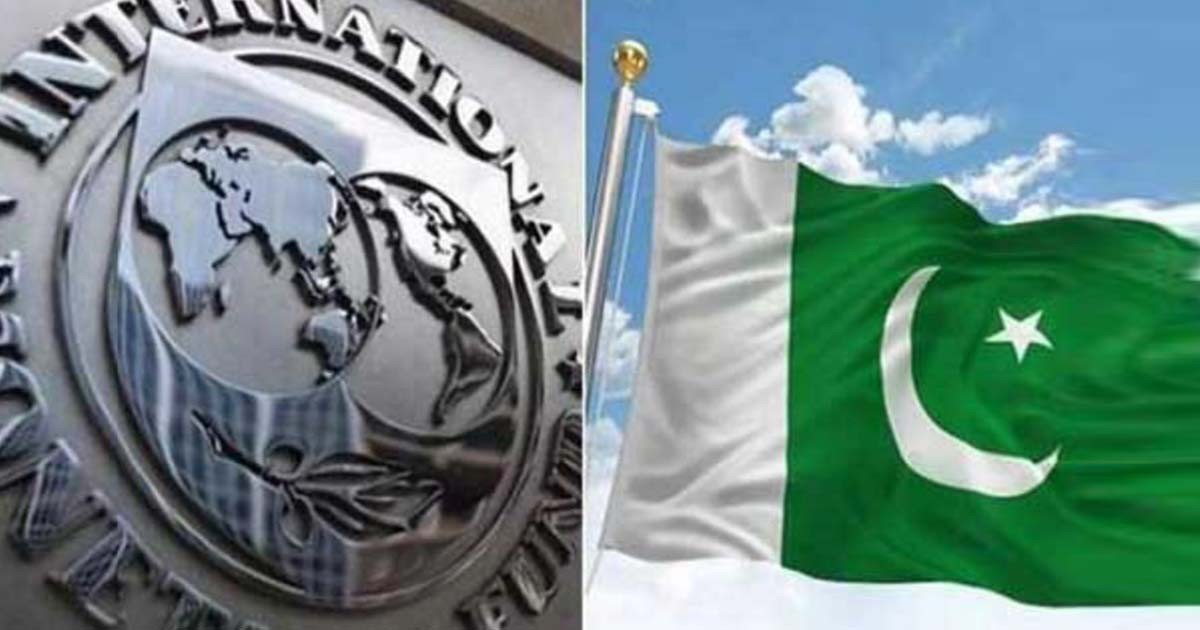By: Muhammad Saad Amjid
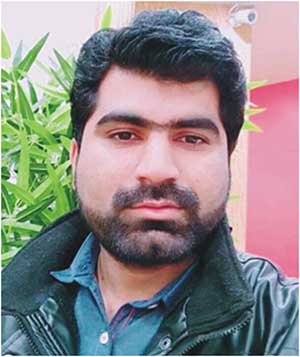 In a democratic society, every vote holds immense power. It is through the collective voice of individuals that we shape the course of our nation. Each vote represents a unique perspective, a chance to make a difference, and a voice that deserves to be heard. Voting is a fundamental right and a symbol of our democratic principles. It is a way to actively engage in the decision-making process and contribute to the betterment of society.
In a democratic society, every vote holds immense power. It is through the collective voice of individuals that we shape the course of our nation. Each vote represents a unique perspective, a chance to make a difference, and a voice that deserves to be heard. Voting is a fundamental right and a symbol of our democratic principles. It is a way to actively engage in the decision-making process and contribute to the betterment of society.
Each person brings their unique experiences, beliefs, and values to the table. By casting a vote, individuals ensure that their voice is heard and their interests are represented.
Similarly, voting empowers marginalized communities, giving them a platform to address their concerns and advocate for change. Elected officials make decisions that impact our daily lives, from healthcare and education to the environment and social justice. By voting, we have the power to shape these policies and create a better future.Voting allows us to hold our elected officials accountable for their actions. It is a way to express our satisfaction or dissatisfaction with their performance and influence future decisions.
When it comes to the voting system in Pakistan, it’s like a thrilling adventure that takes us through twists and turns, where the power of democracy lies in the hands of the people. Imagine a bustling election day, with voters from diverse backgrounds coming together to cast their ballots, each vote a voice that shapes the future of the nation. From the vibrant streets of Lahore to the serene valleys of Gilgit-Baltistan, the voting system in Pakistan is a tapestry of hopes, dreams, and aspirations. But like any great adventure, it’s not without its challenges. The journey towards a fair and transparent voting system has faced hurdles along the way. From concerns about corruption to ensuring equal access for all citizens, the quest for a flawless system continues. Mark Twain once said, “If voting made any difference, they wouldn’t let us do it,” raises valid concerns about the effectiveness of voting in bringing about real change. It suggests that those in power may manipulate the system to maintain their control, making voting seem futile. While there are instances where political systems may be flawed or corrupted, it’s essential to consider the broader context and the potential impact of voting. One way to approach this analysis is by examining historical examples where voting has made a significant difference. Take, for instance, the Civil Rights Movement in the United States. African Americans fought tirelessly for their right to vote, facing immense obstacles such as poll taxes and literacy tests. However, their determination and collective action ultimately led to the passage of the Voting Rights Act of 1965, which dismantled discriminatory voting practices and expanded access to the ballot box. This example demonstrates how voting can be a powerful tool for marginalised communities to challenge systemic injustices and bring about meaningful change.Another example can be found in countries transitioning from authoritarian regimes to democracies. In places like South Africa and Myanmar, voting played a crucial role in dismantling oppressive systems and establishing more inclusive governments. By participating in elections, citizens were able to shape the political landscape and elect leaders who would work towards a more equitable society. However, it is important to acknowledge that voting alone is not a panacea for all societal issues. It is just one aspect of civic engagement and should be complemented by other forms of activism and advocacy. For instance, grass-roots movements, protests, and community organising can amplify the voices of marginalised groups and push for structural changes that voting alone may not achieve.Moreover, the effectiveness of voting can be influenced by various factors, including voter suppression, gerrymandering, and the influence of money in politics. These challenges can undermine the democratic process and limit the impact of individual votes. Addressing these issues requires ongoing efforts to promote transparency, fairness, and equal access to the electoral system.Yet, amidst these challenges, there are stories of resilience and progress. Efforts are being made to enhance transparency, strengthen electoral institutions, and empower voters. Technology is playing a pivotal role, with initiatives like biometric verification and electronic voting machines aiming to streamline the process and minimise irregularities. To control vote corruption in Pakistan, several measures should be implemented to ensure a fair and transparent electoral process such as by Strengthening the independence and authority of the Election Commission of Pakistan (ECP) to monitor and regulate elections effectively, by Implementing a modern and secure voter registration system to eliminate duplicate and fake voter registrations, by enforcing strict penalties for voter bribery, intimidation, and other corrupt practices, by encouraging civil society organizations and citizen groups to actively participate in electoral monitoring and advocacy for electoral reforms, and by ensuring a fair and efficient judicial system to address election-related disputes and allegations of corruption. In the same way, the media plays a crucial role in controlling corruption in the context of voting in Pakistan. Through investigative journalism, transparency, and accountability, media outlets can expose corrupt practices within the electoral process. They can shed light on voter manipulation, bribery, and misuse of power. By providing a platform for whistle-blowers and informing the public about these issues, the media can create public awareness and scrutiny, forcing authorities to take action. Additionally, media can educate citizens about their rights and responsibilities in the voting process, empowering them to resist corrupt practices. Through unbiased reporting, the media can foster transparency, promote electoral integrity, and ultimately contribute to reducing corruption in the voting system, safeguarding the democratic process in Pakistan.
So, as we navigate this exciting landscape, let’s remember the power we hold as individuals to shape the destiny of our nation through our votes. Together, we can build a stronger democracy, where every voice is heard and every vote counts. In conclusion, while it is essential to critically analyse the political system and question the impact of voting, it is equally important to recognize its potential for change. Voting has played a significant role in historical movements and transitions to democracy. However, it should be seen as part of a broader toolkit for civic engagement, complemented by other forms of activism. By understanding the limitations and challenges of voting, we can work.



